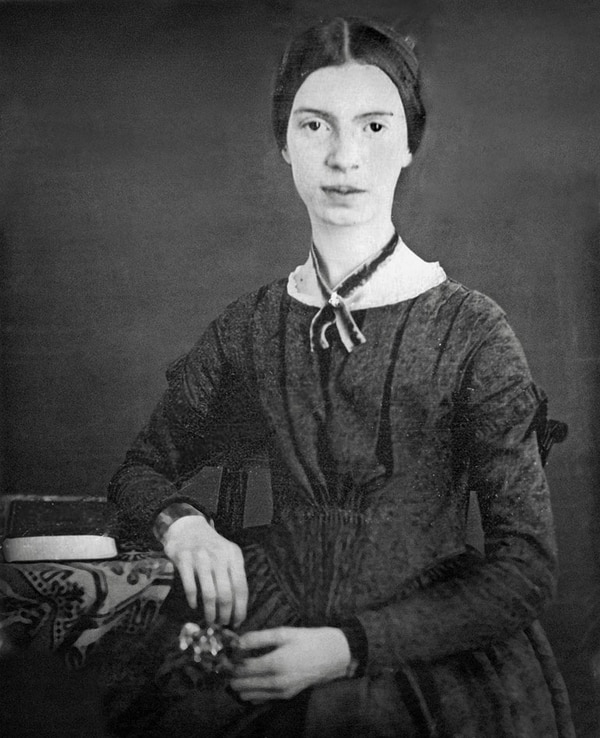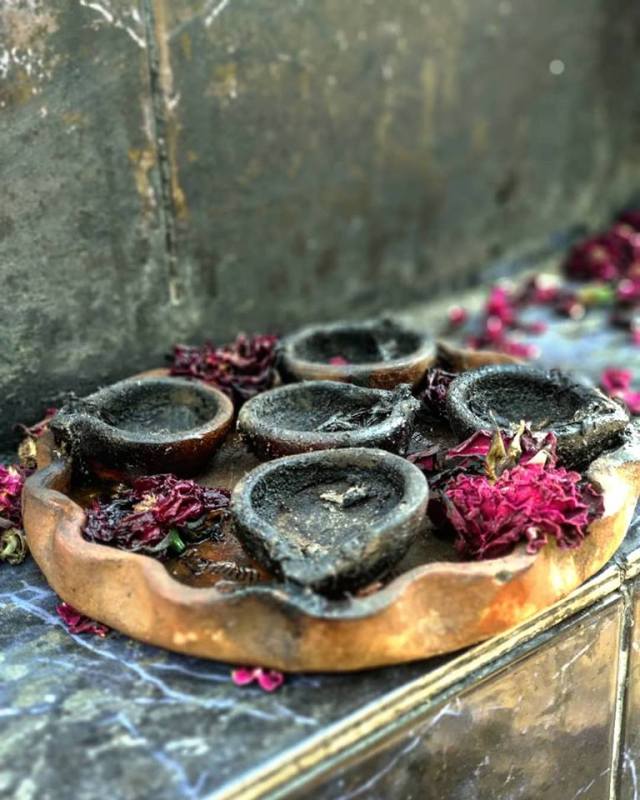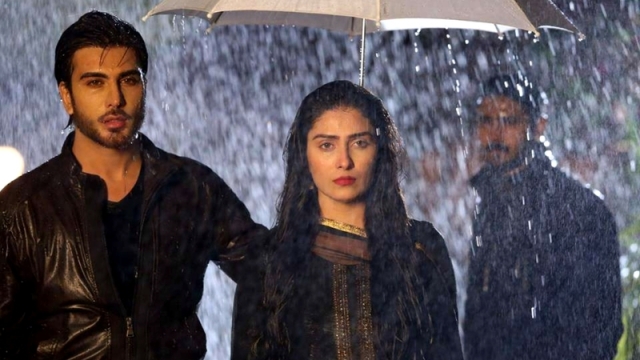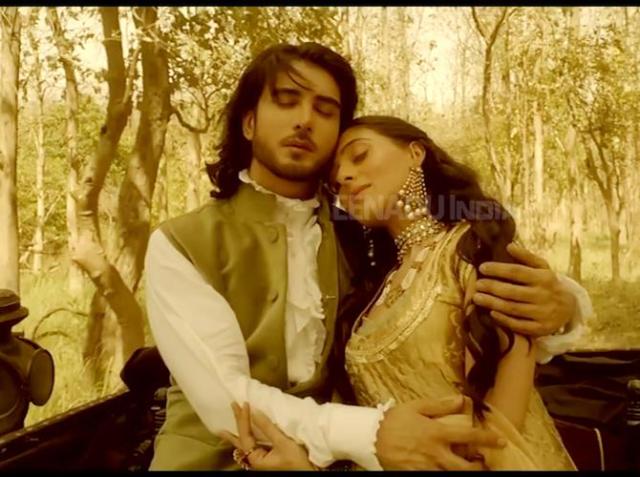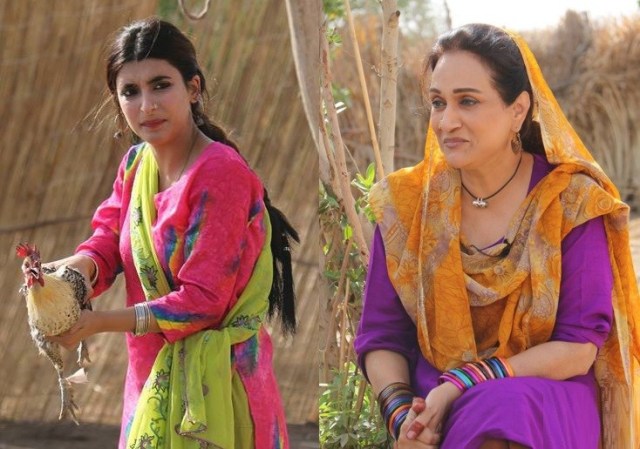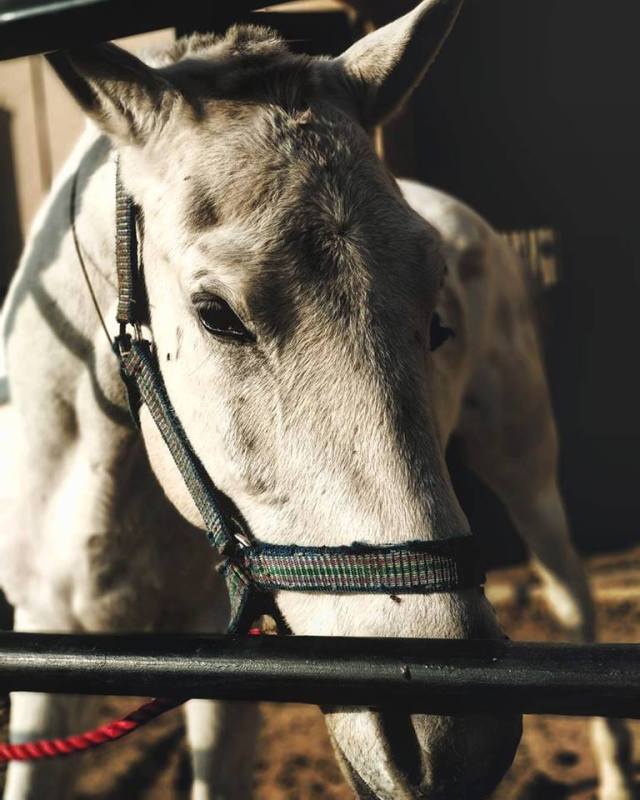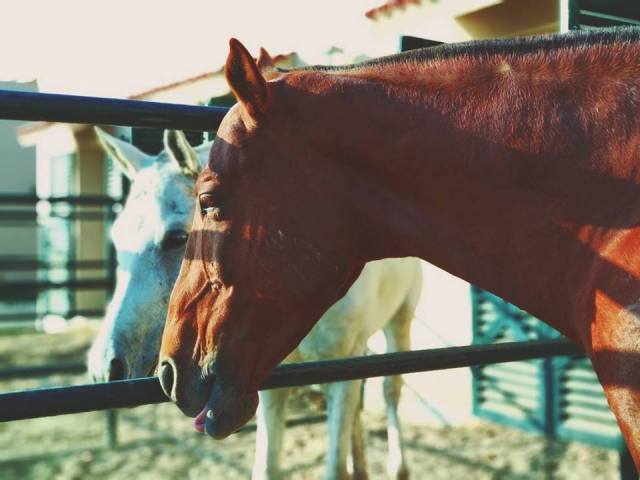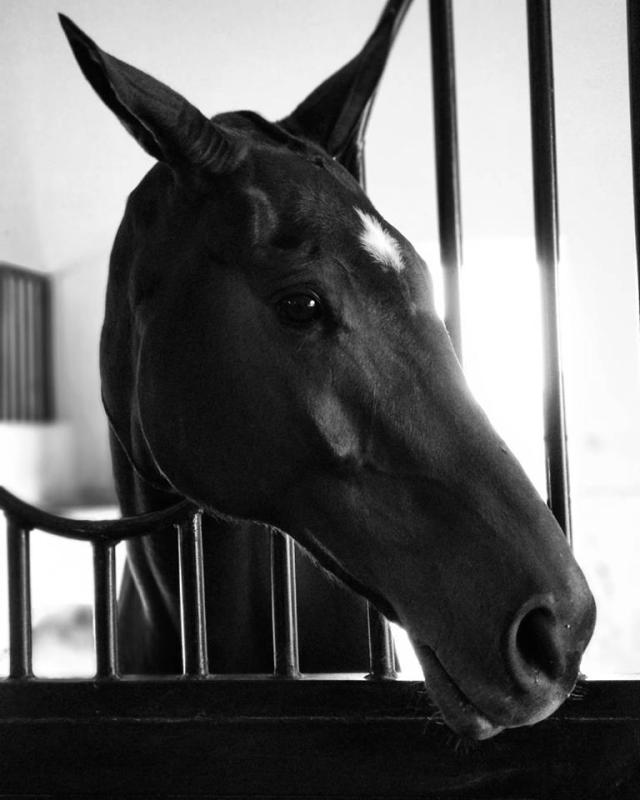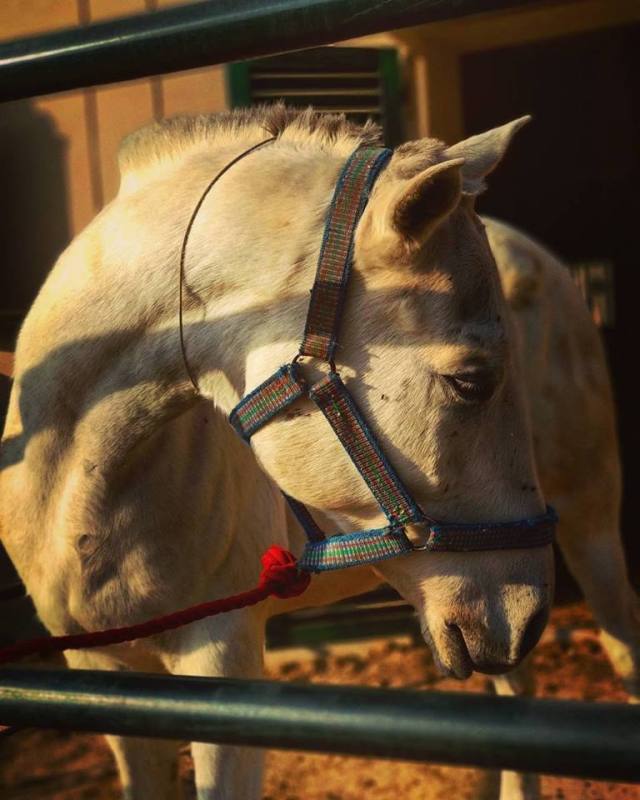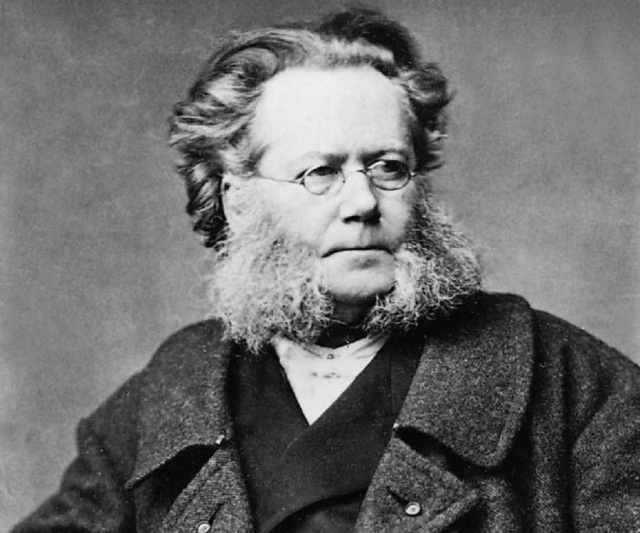One of the really old ones, I actually put some effort into this one.
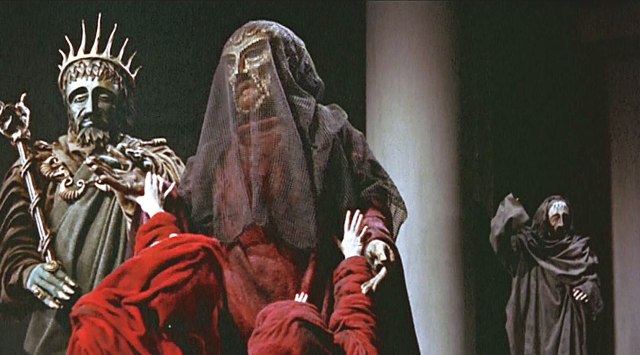
The Chorus does indeed give the audience many moral lessons according to that time and society .Acting as fourth wall of dialogue and even a dramatic enhancement to the already emotional and moral questioning play .Arguably pride is a major factor which propels the action sequence and complexity of the play , but there are also key aspects that may control the events like fate or the will of the gods .It is among all of these reasons that audiences struggle with the sight of the fall of Oedipus from glorious king to a homeless, friendless and blind nomad .
To understand fully the depth of the role and opinion of the chorus , concerning morality . Along with the influence of the sin – pride on the characters and plot. We will first go through a small introduction of “Chorus” in the setting of a Greek play – later analyzing the objectionable actions or statements of characters like Oedipus and Jocasta.
As is the case with many other Greek plays , the chorus in Oedipus Rex is the voice of the society and traditions of ancient Greece . Their odes are filled with religious knowledge and submission towards the gods and the kings . They also provide a deeper , more philosophical journey into the themes of the play . In many plays the chorus had a role of action , or an ability to influence the action of the plot – but that is not in the case of Oedipus . Here they dryly preach morals and pass judgments while invoking the help and curse of the gods . A curse initially on the one who brought forth the plague but by the end they to lose the moralistic , unforgiving tone , adopting sympathy and lost love for the damned king .
Of course the chorus has other roles to play . Sophocles himself , raised the importance of the chorus and even added more actors – they magnify the significance of the tragic nature of his play and give little relief from the already apparent doom .
Daniels and Scully the authors of “what is really going on in Sophocles Theban plays “ wrote that .
“No feature of Greek tragedy is more intractable than the chorus “
(What is really going on in Sophocles Theban plays)
The two basic moral lessons that the chorus does insist on giving the audience ,directly through speech, are obedience to the gods and loyalty towards their ruler . Both are the rules of the society , but this behavior is in contrast with the attitude of the nobility . They are humble and lack both the responsibility and hubris of the rulers to look towards to cure the disease that harms the land .
In the first ode they make a long prayer to the gods asking for a remedy and laying themselves at complete mercy . Acknowledging the full power or authority of oracles , which Oedipus and Jocasta do not . This may be deliberate to teach the masses a lesson about not angering the gods . To follow their commands , because the nobility cannot escape their wrath no matter how much they try .
Strangely at the beginning of the play while at the alter , they look towards Oedipus as a god himself . As he is the only one that can safe them – all responsibly is on his shoulders and like a good king he treats them like his children – with a sense of pride and defiance towards the gods .
“Come then my children : Leave the alter steps “
_ Oedpius Rex
It is after this order by Oedipus that the chorus enters with their song and praise the powers of the gods . They call out their names , doing so giving a break for the action of the play and reminding the audience of authority .
“Let me pray to Athene , the immortal daughter of Zeus . And to Artemis her sister ..And to Apollo , bowman at the far butts of heaven “
_ – Oedipus rex , Parodus .
This does indeed show the religious ,pious side of the chorus of the play but one must remember . The gods do not make an appearance in the play , the closet to them are the oracles and the priests who do little to stop disaster . Oedipus In all glory and heavy headedness still makes more efforts of changing his troubled destiny then other characters. The plague came far long after the sin was committed, he was able to be default save the riddle and bring peace to land . It is a quality among leaders to be unapologetic of the decisions they make and try by all means to reach the goal . The chorus and other characters barely try to alter what can be altered .Oedipus points out this flaw , even if he is blind to his own . The flaw, that they could properly manage their own affairs. Waiting till the brink of destruction to clear matters.
It is then in the second ode of the play , that the chorus again adopts a highly moralistic vocabulary , quite literally . They name social and personal sins , ironically the ones Oedipus possesses .
“The tyrant is a child of pride
Who drinks from his great sickening cup
Recklessness and vanity “
Kings and princes have throughout history have been known more for their luxury and vanity than piety. The protagonist of the play is no exception, but can he really be blamed? When he calls for the blind prophet and insults him, in turn disrespecting the gods the prophet returns the curse. This may also show his show of haughtiness. The prophet does not remain calm , just like Oedipus he becomes angry and agitated and relies on curses . One common explanation of why Oedipus might have killed Lias in the forest is his royal upbringing. A prince would not be held highly accountable for the death of common people . The Thebans place him on a pedestal and treat him like a god – so obliviously he is going to think of himself as important and untouchable. It is evident in the way he talks about himself
“But I am a child of luck I cannot be dishonored”
To conclude this part of the question , yes , the chorus provides moral lessons but they are not free of weakness or wrong doing . The chorus undergoes a change in character along side Oedipus , by the end of the play their last song becomes pessimistic and is unable to think of fate as justice . They remain loyal to Oedipus , the most royal one .
Now , towards the discussion of Pride as a catalyst for all the catastrophes in the play. For this may have to go the background of the play, to when the oracle first warned Jocasta and Lias about the terrible destiny of the child . It is not known if consulting oracles is a sin or not since it was common at the time . It is however as act of pride to defy an oracle , and this is done multiple throughout Oedipus Rex . The fact that mortals thinks that they can change or control the fate which the gods decide , is and act of blasphemy . It is pride and sin when Lias and Jocasta send the child to be killed in the plains , an act common of the Spartans . A Greek nation that let fate decide which children were to live and which were to die . It Is fear and pride that makes Oedipus run away from his new home after he learn of his destiny . He acts as god when he decides to run away , even if his intentions were innocent .
This is also his tragic flaw , the quality which makes him a hero in the eyes of the audience . He tries with all his might to prevent a curse but is unable to. His heart and efforts were in the right place . It could have been fear and not pride which motivated all the events prior to the scenes in the play .
The next display of his flaw is when he murders his real father on the road . This may have been due a sudden burst of anger or princely disposition but even at that time Oedipus was right . Lias had pushed his luck and perhaps something snapped inside of Oedipus . The very hand of fate perhaps took hold of him . Either way he let his ego get the better of his actions and judgment.
Oedipus has another flaw – a lack of insight. It was by strange chance that he solved the riddle of the sphinx and became king . Even the blind prophet tells him that his own eyes betray him , that is unable to see his true self . Jocasta insists that tempers like his only torment, as he is unable to let things go . All the things he holds onto destroy him In the end .
When observing the events that take place in the play , it is evident that pride does play a major role to get events moving in flow with the suspense of the plot .
It is pride that motivates Oedipus to look for a solution to the plague , that brings him to dishonor oracles and the blind prophet .
“You are a sightless , witless ,senseless , mad old man”
Pride and agitation still brings him to argue with his brother in law . It can also be denial underneath all his anger. He wants the matter to die .
It is the same with Jocasta , she gives no importance to oracles or prophecies . It is only when things become clear to her that she begins to break down and ultimately takes her own life .
“All right forget about those things you’ve said
Listen to me and ease your mind with this – no human being has skill in prophecy “
Perhaps it is pride that brought her to suicide. Then again humans are capable of feeling more than just pride , maybe it was the immense shock . The horror and the shame that may have overrun her mind and senses .
It is thought by many that the action of taking his eyes out by Oedipus is again nothing more but a show or result of pride again .He does not have any strength anymore , he cannot witness the torment he tried for so long to run away from . Of course it may also be an act of self harm and sacrifice – he no loner runs away . He does not try to escape his horrible fate anymore now that the ultimate damage is done . He does however make plans of protection for his children.
With this is mind it is apparent that pride is indeed a major catalyst – but far long before Oedipus was born there was a curse on the family . Was it destiny from the very first day , mere chance that pushed everything .it was Human compassion that saved Oedipus once when he was left to die an infant . It was human love and loneliness that made him a prince again . It was human folly , a drunk man who caused him to search for an oracle – at the end it was the will of the gods that won the toll on his life .
The plagues itself that eats Thebes came when the gods decided to remember the curse . After all those years of peace , it is the plague which opens and inquiry into all that is suppressed . Almost like a journey into the depths of the mind in search of a tangled truth .
However , we cannot decide fully what factors brought out the disaster . It is perhaps a mixture of both fate and human action . In “The kiss of the snow Queen “ the writer gives the example of a girl Greda who travels to the far ends of the south pole to save her friend kai from the snow queen . The queen is the personification of winter and the forces of nature . She in a way seduces the boy and takes him way . Greda who is innocent and personifies spring makes a journey and effort to save her love . So it is God who saves people but only through the struggle of pure hearted individuals does salvation come .
Much like the sacrifice Jesus Christ had to make to save humanity. It is Greda’s kiss and love that saves the boy from freezing to death while solving a mathematical problem . A triumph of human compassion over human reason – Oedipus sadly has no one to make the effort for him. Jocasta leaves him alone and he cannot even return to the love of his step mother .
This failure of love is the true element that brings out the pessimistic tone in the end of the play . The reminder that man is alone and at the mercy of his fate .
